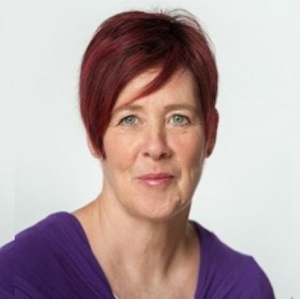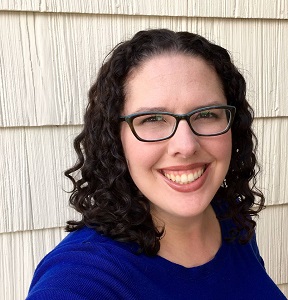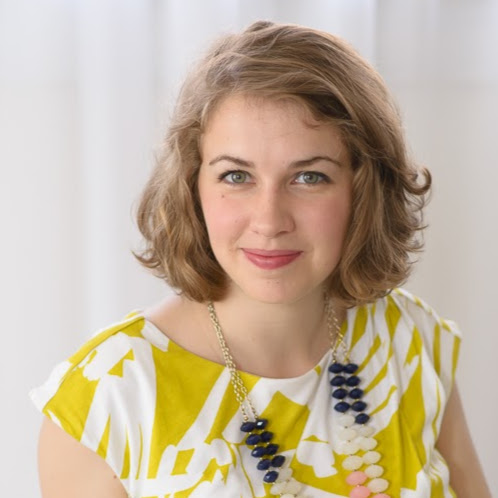When you first start implementing Financially Fit Bootcamp principles into your finances, you’ll feel excited and inspired. But as time goes on, life happens. Keeping up with your finances on an ongoing basis can become less motivating. The good news is, our Financially Fit Bootcamp Certified Coaches and MindShift.money Specialists have been at this a while, and they’ve come up with some good money habits so they keep moving forward. Today, we asked them about those habits. Here’s what they have to say:
Remember, you are the master of your money, not vice versa.
 “It’s easy to stay on top of personal finances on an ongoing basis when you see that it is working for you and not against you. In fact it becomes like an exciting game because you are now open to the possibilities and opportunities, not just the hope that freedom can or could be yours one day. Sure it takes a few tweaks initially and over time as money ebbs and flows but when you have control over your money instead of the other way around mastering your personal finances is so much fun.”
“It’s easy to stay on top of personal finances on an ongoing basis when you see that it is working for you and not against you. In fact it becomes like an exciting game because you are now open to the possibilities and opportunities, not just the hope that freedom can or could be yours one day. Sure it takes a few tweaks initially and over time as money ebbs and flows but when you have control over your money instead of the other way around mastering your personal finances is so much fun.”
Susan Whelan, Founder, FeelAliveInside.com
Set reminders and alerts and make it fun!
 “I put a date in my calendar on my phone. It reminds me once a month, 72 hours before my paycheck arrives, to take 10 minutes and check my Income Account. I make sure the automatic payments are in place, that the amount of the bill hasn’t changed significantly and that there aren’t any weird charges on my account. My bills stay pretty consistent in their amounts, so there normally isn’t an issue. But should things change, that 72-hour window allows me to make a change on the spot so I never have late fees anymore.
“I put a date in my calendar on my phone. It reminds me once a month, 72 hours before my paycheck arrives, to take 10 minutes and check my Income Account. I make sure the automatic payments are in place, that the amount of the bill hasn’t changed significantly and that there aren’t any weird charges on my account. My bills stay pretty consistent in their amounts, so there normally isn’t an issue. But should things change, that 72-hour window allows me to make a change on the spot so I never have late fees anymore.
For my Everyday Account, I check it once a week in general, and then have an alert setup if my account goes below a certain amount. It’s a way to keep myself accountable and let me know when I’m getting close to spending all the money in the account.
For my savings, I turned it into a game. I check it once a month, and then color in a chart to show my progress towards my savings goal. Simple, but effective and very motivating!”
Wendy Priester, Owner, D&L Financial Coaching
Set up an Everyday Account.
[memb_is_logged_in]

“By making sure I have a set amount of income coming in each week so that I am continuing building my freedom generator.”
Michael Tandean, Founder, Money Knowledge

“Staying on top of my finances is really easy now. The best thing I have done is setting up everyday accounts for each member of the family and automating a weekly paycheck for each of us.”
Larry Malone, Founder, LarryDMalone.com and FinancialTitan.com
An Emergency Buffer is crucial.
 “With the vigilance of a hawk, haha!! With the automation aspect it does take a lot of the stress out of it, but I guess the biggest thing is being self-employed your income is prone to fluctuation so having an amount in reserve is crucial to success and having a minimum amount that is required each month to come in does help.”
“With the vigilance of a hawk, haha!! With the automation aspect it does take a lot of the stress out of it, but I guess the biggest thing is being self-employed your income is prone to fluctuation so having an amount in reserve is crucial to success and having a minimum amount that is required each month to come in does help.”
Chris Lee, Wealth Advisor, Wealth Today LTD.
Know what your money is doing.
 “I am the type of person that is constantly managing my finances to ensure I am across everything that is happening. So I tend to spend 5 to 10 minutes a day checking everything is as it should be, bills are being paid on time, cash is flowing to the right accounts and investments are under control. With a spread of property and stock investments it is important to know what is happening and to have everything running smoothly to ensure nothing gets missed.”
“I am the type of person that is constantly managing my finances to ensure I am across everything that is happening. So I tend to spend 5 to 10 minutes a day checking everything is as it should be, bills are being paid on time, cash is flowing to the right accounts and investments are under control. With a spread of property and stock investments it is important to know what is happening and to have everything running smoothly to ensure nothing gets missed.”
Andrew Woodward, Founder, The Investor’s Way
Be open to change.
 “While I trust the automation process to cover the everyday needs of my finances, things can and do change. I have a growing business and young family and everyday can be different and needs and wants are fluid as the boys get older. We are always thinking of better ways to change old habits and how to plan for the boys and our future. My husband and I discuss the finances and look at new opportunities regularly. And as we need too, based on the four money principles we may change accounts, amounts and goals. My favorite change is the PYF amount as we clear debt and increase the future fund.”
“While I trust the automation process to cover the everyday needs of my finances, things can and do change. I have a growing business and young family and everyday can be different and needs and wants are fluid as the boys get older. We are always thinking of better ways to change old habits and how to plan for the boys and our future. My husband and I discuss the finances and look at new opportunities regularly. And as we need too, based on the four money principles we may change accounts, amounts and goals. My favorite change is the PYF amount as we clear debt and increase the future fund.”
Melinda Smylie, Founder, Wear Kids Play
Community Question: What about you? What new habits did you develop after finishing Financially Fit Bootcamp? Have you stuck with them? Head over to the Financial Foundations Community, and share your tips with the group!
Some answers have been edited for length and clarity.
The views and opinions expressed are those of the guest author and do not necessarily reflect the views and opinions of MindShift.money.
[else_memb_is_logged_in]
[memb_include_partial id=338]
[/memb_is_logged_in]

